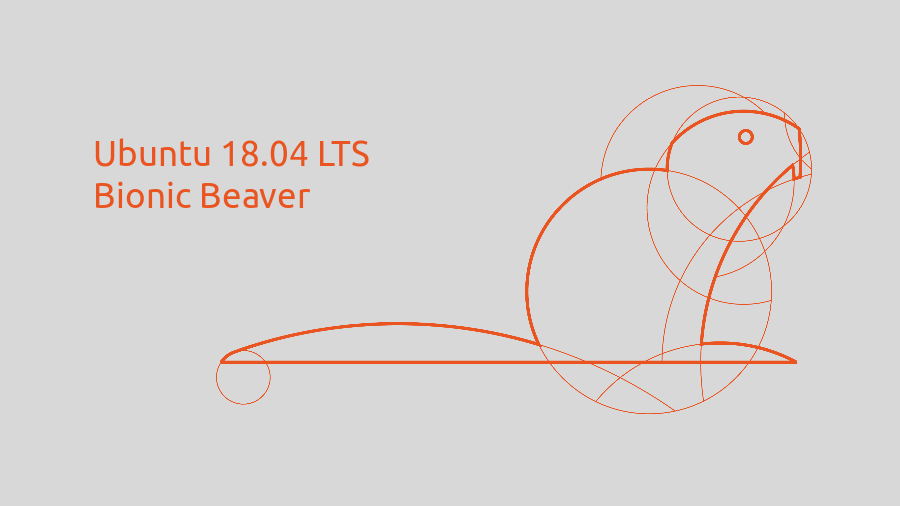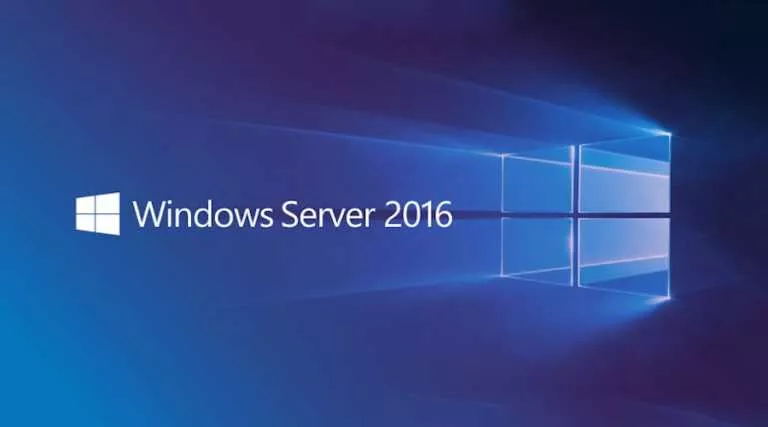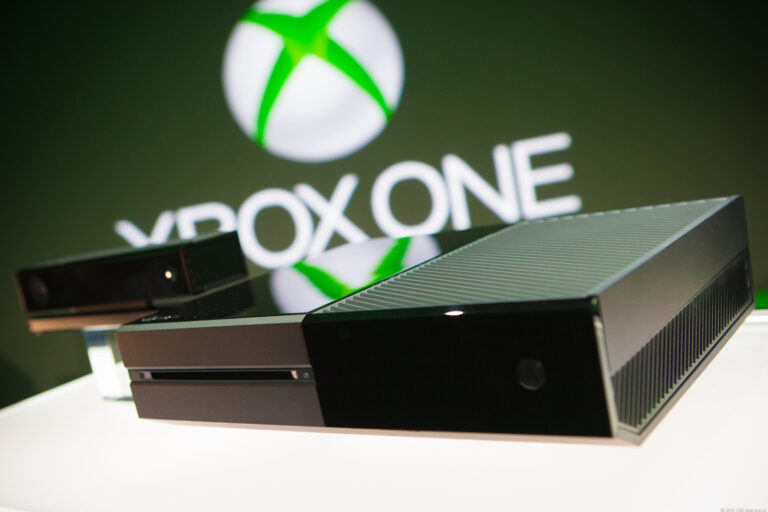14 Biggest Features Of Ubuntu 18.04 LTS Bionic Beaver

Following the release of Ubuntu 17.10 Artful Aardvark, Canonical CEO Mark Shuttleworth announced that Ubuntu 18.04, which would be an LTS release, is going to be called “Bionic Beaver.” While Beaver refers to a large, amphibious rodent with smooth fur and sharp teeth, Bionic is an ode to the robotics and artificial body parts.
We also conducted a little poll on Fossbytes regarding the name. About 80% visitors loved the codename. Others suggested names like Ballsy Baboon, Busy Bee, Bumble Bee, etc. This also brings us to the next step, i.e., exploring what could be the expected features of Ubuntu 18.04 LTS. In case you’re running an LTS release and planning to make perform the upgrade to 18.04, things are surely going to be pretty exciting for you.
But, before digging into the features aspect, let’s tell you about the Ubuntu 18.04 release date.
Ubuntu 18.04 Release Schedule:
Canonical has made the Bionic Beaver release schedule public and expected release date isn’t surprising. The first Alpha for opt-in flavors is expected to ship on January 4th, 2018. The final stable release will be available on April 26th, 2018. Currently, you can grab the daily builds for your testing purposes.
- Alpha 1 Release: 4th January
- Alpha 2 Release: 1st February
- Feature Freeze, Debian Import Freeze: 1st March
- Beta 1 Release: 8th March
- Final Beta Release: 5th April
- Final Freeze, Release Candidate: 19th April
- Final Ubuntu 18.04 release: 26th April
Ubuntu desktop development process is known to follow a strict timeline, so the above dates should turn out to be pretty accurate. Due to some minor hiccups in the development process, a few changes could also be made by Canonical. Still, this gives a pretty solid idea regarding when you should be planning the next Ubuntu release party.
Ubuntu 18.04 LTS Features
1. GNOME 3.28 desktop
In case you haven’t tried Ubuntu 17.10 Artful Aardvark, 18.04 LTS is going to be a whole new experience for you. With 17.10, Canonical has already made a shift to GNOME desktop as default with some tweaks. So, for existing LTS users, things are going to be pretty new.
About the GNOME version, we can expect GNOME 3.28 to ship with 18.04.
2. Kernel 4.15
“Every 6 months the Ubuntu Kernel Team is tasked to pick the kernel to be used in the next release. We look at the Ubuntu release schedule and how that will line up with the upstream kernel releases,” the Ubuntu Kernel Team wrote in a recent post. The team expects that Linux kernel 4.15 will power Ubuntu 18.04.
Some of the notable Kernel 4.15 features are:
- AMD secure memory encryption support
- Better power management
- CPU controller for cgroup v2 interface
- Better support for older and newer hardware
- Latest drivers and fixes
3. New desktop & icon theme (Postponed to next release)
Update: This change has been postponed to 18.10 release.
Even though Ubuntu 17.10 has undergone an overhauling with GNOME desktop, its look still resembles a lot like earlier versions of Ubuntu. Based on the general feedback from the community, the team is looking to include a new desktop and icon theme for the 18.04 release.
4. Xorg by default
Due in April 2018, the next LTS release will ship with both traditional Xorg graphics and new Wayland-based stack. However, Xorg will be the default. The Ubuntu development team has listed different reasons for this choice, including a better performance of software like Hangouts, Skype, and WebRTC services, in Xorg. It also recovers better from Shell crashes. For Ubuntu 18.10, the team will again re-evaluate Wayland as the default.
5. Minimal installation option
Along with the upcoming Ubuntu 18.04 LTS release, the users will be able to perform a lean installation of Ubuntu. This option will strip away lots of software packages and you’ll get a system will a desktop environment, web browser, core system tools, and no much more. This option will appear in Ubuntu installer. Please note that it isn’t a replacement for pre-existing Ubuntu Minimal ISO.
6. Ubuntu will collect some data
As per a recent announcement made on Ubuntu mailing list, Canonical will start collecting some user data related to system configuration and installed packages on the machine. Starting from Ubuntu 18.04 LTS, this opt-out option will be provided in the installer. Read about this expected feature in detail here.
7. New installer for Ubuntu Server
With Ubuntu 18.04, Canonical will finally refresh the Ubuntu Server’s command line installer. The new installer named Subiquity will be the default one in upcoming LTS release. This change will give it a new look to server installation process, which had been Debian’s text-based installer till now.
8. Support for color emojis
Yes, colorful emojis are finally coming to Ubuntu desktop. This new feature will let you display color emoji in different apps. Even though many die-hard Linux fans will deny that it’s a development worth much attention, emojis are important of today’s messaging and communication. So, being able to see emojis in their colorful attire is pleasing.
9. Faster boot time
Canonical is also working to speed up the boot-time of Ubuntu by using systemd’s features. This is an exciting change and it’ll be interesting to see what the desktop team manages to achieve in this area.
10. Support for zstd compression algorithm
With Facebook’s zstd compression algorithm, now you can expect a faster Ubuntu installation speed of about 10% with 18.04.
11. OpenJDK 10
Ubuntu 18.04 release ships with OpenJDK 10 as default. After OpenJDK 11 will ship later this year in September, it’ll be the default.
12. Network changes and improvements
The major network configuration related changes in Ubuntu 18.04 are:
- systemd-resolved is the default DNS resolver
- NetworkManager comes with teaming support with libteam
- ifupdown depcrecated; netplan.io added
- networkctl command available to see network device summary
13. New wallpapers
It goes without saying that Ubuntu 18.04 come with beautiful new wallpapers which have been contributed by the community via Ubuntu 18.04 LTS Free Cultural Showcase contest. You can check out the wallpapers here.
14. Other important changes
- LibreOffice 6.0
- GNOME’s built-in screen keyboard instead of Onboard
- Calendar gets week view
- System Log replaced by Logs
- gconf no longer available
Note: This is a continuously updated article. We’ll be updating it to add new features that are going to be a part of final Ubuntu 18.04 LTS release. Keep reading.
Also Read: 10 Best Linux Desktop Environments And Their Comparison






